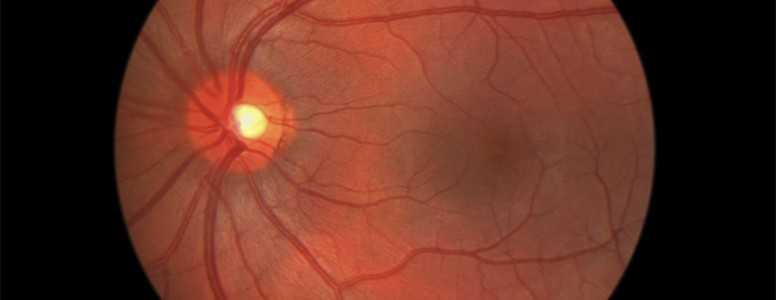A discovery has been made which finds that nerve damage could precede diabetic retinopathy in people with diabetes, changing the way researchers view the condition.
People with type 1 diabetes and type 2 diabetes have a higher risk of developing diabetic retinopathy, which results in vision loss due to microvascular damage to the retina.
Scientists have long believed that retinopathy develops due to damage to the blood vessels, which can then lead to retinal diabetic neuropathy (RDN). Therefore, research has largely focused on early detection and treatment of retinopathy to prevent blindness and the subsequent damage caused by RDN.
In this new study, the University of Iowa researchers led a team that assessed 45 people with diabetes who had no to minimal diabetic retinopathy. Over a four-year period, the patients developed “significant, progressive loss of the nerve fibre and ganglion cell layer”.
The study team reported this was proof that nerve damage occurs prior to vascular changes found in the retina from diabetes.
Senior author Michael Abramoff, MD, PhD, UI professor in the Department of Ophthalmology and Visual Sciences, explained: “What we’re finding here, unfortunately, is that the nerve damage actually does come first, before the vessel damage. Even people with diabetes who never get retinopathy can still develop this damage, and after many years, damage may be severe, similar to glaucoma.”
The thinning of the nerve fibre in donor eyes from patients with diabetes was also found to be considerably thinner than the layer in donor eyes from patients who did not have diabetes. Studies on mice models also led to similar results.
“Essentially, the order of damage in the retina from diabetes is different from what we originally thought, and preventing the effects of retinopathy by itself would not protect the nerves in the retina,” said study author Elliott Soh, MD, UI associate professor in the Department of Ophthalmology and Visual Sciences.
The good news for people with diabetes is that this discovery could lead to new treatments that prevent nerve damage, and could also prevent diabetic retinopathy.
People with diabetes can reduce their risk of nerve damage by maintaining control of their blood glucose levels and generally following a healthy lifestyle.
The findings appear in the journal PNAS.






